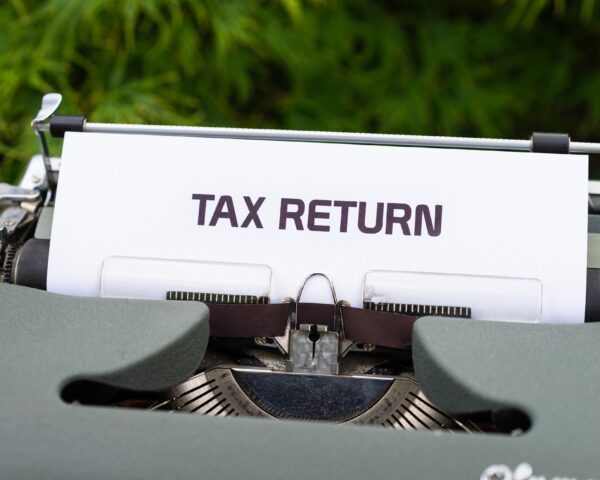Deductible business expenses
We think it’s simpler to start with expenses that definitely cannot be claimed, and work backwards.
Typical expenditure which HMRC disallows:
- Depreciation of assets (we’ll come back to this later)
- Entertaining clients and suppliers
- Staff remuneration that’s not paid within nine months of the end of the year
- Movements in general provisions
- Parking and driving violations
- Childcare services
- Tuition
What expenses can I claim then?
HMRC is quite flexible on this, so long as you can take an arguable position and defend the inclusion of the item as being essential to your business. Common examples include:
Travel expenses – you can claim costs for flights, trains, accommodation, meals when you travel to a temporary location for business-related purposes.
Accounting fees – You can claim tax relief for the total cost of your accountancy fees if your accountant is working wholly on your companies, partnerships or sole trader affairs. If the accountant charges for any time spent on your personal matters (e.g., preparing your personal tax return) then it will need to be recorded as a ‘benefit in kind’
Legal fees – You can claim any legal costs you incur in the course of business
Company formation fees – all costs related to company formation are allowable deductions
Business mileage expenses – please contact us for the current rates
Utility costs to keep your business premises running – this includes rent charges, power, heating, gas and all other costs needed to maintain your building premises
Christmas party – Your employees can invite a partner, but the cost must not exceed £150 per head
Gifts and trivial benefits – You don’t have to pay tax on a gift or benefit for your employee if all of the following apply
- It cost you £50 or less to provide
- It isn’t cash or a cash voucher
- It isn’t a reward for their work performance
- It isn’t in the terms of their contract
This is known as a ‘trivial benefit’ and you don’t need to pay tax or National Insurance.
Use of home as an office – there are multiple options here so best to speak to your qualified accountant to find out more
Other typical costs which can be claimed
- Bank charges
- Delivery charges
- Equipment costs
- Stock – that is being used for resale
- Telephone and internet
- Stationary and postage
- Professional subscriptions
- Capital allowances
- Insurance
- Interest payable on a business loan
- Newspapers and journals
- Computer software
- Staff training
- Website maintenance
Keeping records of my business expenses
Keeping accurate records of your costs is important; there are no government rules on how you must keep records. You can keep them on paper, digitally or as part of a software program (like Xero). HMRC can charge you a penalty if your records are not accurate, complete or readable.
How long do I keep records of my business expenses?
You must keep records for six years from the end of the last company financial year they relate to, or longer if:
- They show a transaction that covers more than one of the company’s accounting periods
- The company has bought something that it expects to last more than six years, like equipment or machinery
- You sent your Company Tax Return late
- HMRC has started a compliance check into your Company Tax Return
Capital allowances
We said we’d come back to depreciation. Depreciation of fixed assets is not allowable for Corporation Tax purposes; this is because depreciation can only ever be an estimate of the reduction in the value of your assets and can be subjective. However, capital allowances may be available to take account of the cost of plant and machinery used in the business.
Annual investment allowance
Firstly, the annual investment allowance (AIA) allows you to deduct 100% of the value of certain qualifying assets from your taxable profits.
To keep this part simple, from 1 Jan 2019 onwards the AIA is £1m. Any capital purchases of plant & machinery, fixture, furniture, fittings, and computers qualify for AIA.
Claiming expenses as a Limited Company
You can either pay your company’s expenses directly through the company bank account, or you can pay them personally as a reimbursed expense.









